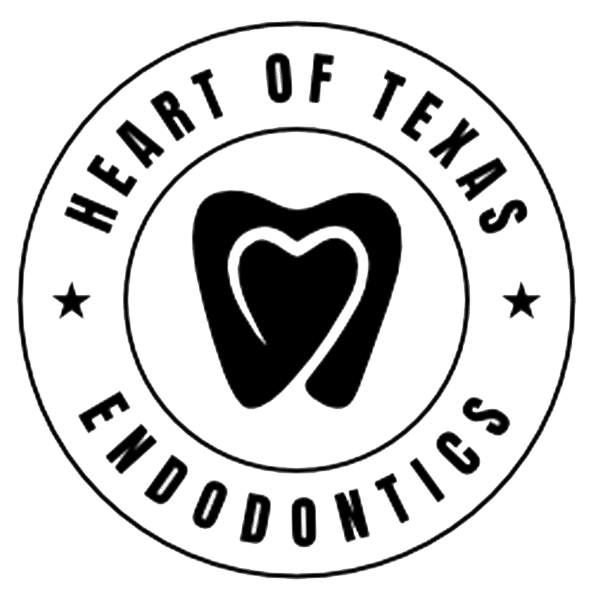Is Sedation Dentistry Safe? Answers to Common Questions

Sedation dentistry is not a new concept, but it is becoming more common. Dental anxiety, or fear of going to the dentist, is a very real problem for some people. It can be severe enough to prevent people from getting the dental care they need. The more you put off necessary dental work, the worse the situation gets until treatment becomes much more complex and the chances of saving the affected teeth are greatly reduced.
What is sedation dentistry? Is it safe? Will it really help me relax? Learn the answers to these questions and more about sedation dentistry to help you determine if it may be helpful for you or someone you love.
What is Sedation Dentistry?
Sedation refers to pharmacologically induced relaxation. When it is used for dental procedures it is referred to as sedation dentistry. Sedation may be used when a patient is anxious, nervous, or fearful of a necessary dental procedure. It may also be used for procedures that are particularly invasive or lengthy.
What Types of Sedation Are Used in Dentistry?
There are 3 main types of sedation used for dental procedures:
- Nitrous oxide. Nitrous oxide is a gas that is administered through a mask worn over your nose. As you breathe in the nitrous oxide you will begin to feel a calm, relaxed feeling that is sometimes described as euphoric. It wears off in just a few minutes of breathing regular room air.
- Conscious oral sedation. An oral sedative can be prescribed for you to take before your appointment to help you feel more relaxed. Conscious oral sedation allows you to remain awake, but you may feel groggy or sleepy. It is common not to remember much about the procedure afterwards.
- IV sedation. A sedative can be administered intravenously that provides a deeper level of sedation. You will feel as if you are asleep, but you are responsive throughout the procedure, though you won’t remember it.
How Safe is Sedation Dentistry?
Most forms of sedation dentistry are safe for most people. Nitrous oxide is the safest form of sedation because it wears off quickly with no residual effects. Unless you have a respiratory illness that requires supplemental oxygen, nitrous oxide is probably safe for you.
For deeper levels of sedation, such as an oral sedative or IV sedation, it is only potentially unsafe for those with cognitive conditions such as Alzheimer's or dementia, as it can cause disorientation. It may also be problematic for patients with a history of substance addiction.
A full medical history and list of current medications will be gathered, as well as approval from your primary care physician if needed to ensure that sedation is safe for you.
Is Sedation Dentistry Effective?
Many patients find that sedation is effective at helping them overcome their anxiety to get the dental care they need. Even if it doesn’t permanently eliminate dental anxiety, it may allow you to get through a single procedure now and potentially in the future if further treatment is needed.
Am I a Good Candidate for Sedation Dentistry?
If you suffer from dental anxiety, you may be a good candidate for sedation dentistry. Many patients find that sedation helps them relax through the immediate treatment they need, and feel less anxious about dental procedures going forward.
Is Sedation Used for Endodontic Procedures?
Endodontics is a special field of dentistry that focuses on the health of the teeth from the inside, specifically the dental pulp, the soft tissue at the center of each tooth. The pulp sustains the tooth as it is developing and throughout the life of the tooth, but it is susceptible to infection. A tooth infection threatens the health of the tooth and will require treatment. Sedation can be used for endodontic procedures, such as root canals and endodontic surgery.
Heart of Texas Endodontics provides sedation to make treatment more comfortable for patients. To learn more, call 254-778-4400 in Temple or 257-776-1500 in Waco or contact us today to schedule an appointment.

